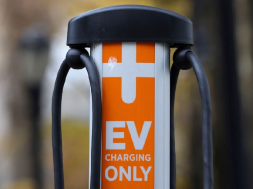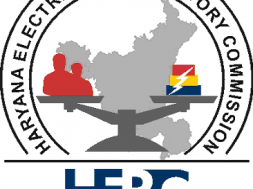
The government’s intense crackdown on electric two-wheeler (e2W) makers for flouting norms may force several of the smaller players to overlook the subsidy benefit and instead opt for importing of components as the Centre continues to maintain a hard stance on the matter.
The government froze subsidy pay-outs ranging between Rs 15,000-60,000 per vehicle a year ago. But the e2W makers continued to hand down the subsidy to the end consumers in the hope of getting the same reimbursed from the government.
“Motor, motor controller, converter, throttle, charger and wiring harness cost around Rs 20,000 if I buy them from within India. If I import them it will cost me Rs 5000 less. As subsidy is not available, why should I procure these from the local vendors?” asked an executive of a Gurugram-based electric scooter making start-up.
Devoid of subsidies, e2W prices have shot up substantially leading to drop in sales volumes. Hero Electric and Okinawa, whose subsidies were the first to be withdrawn, have seen a collective drop of 26% in volumes year-on-year in the March quarter.
The drop in demand has led to a slump in new orders of components putting the entire supply chain ecosystem into a state of uncertainty. Component makers, many of whom lacked prior experience of supplying parts to the EV industry, have been the hardest.
“We were given demand projections of 5,000-6,000 units a month but we are hardly getting 1,000 supply orders. Besides, the credit period has ballooned to 120 days and beyond,” said a manufacturer of motor controller and charger.
“The OEMs say they don’t have the cash to pay the suppliers. Banks are not giving working capital loans because they know that the government subsidies are not coming. There is also no after-sales market for components because the EV volumes are nowhere close to the market of the traditional two-wheeler market,” said a Delhi-based supplier of battery packs.
Besides battery cells, certain electronic components that require semiconductors are not made in India. The industry of vehicle chargers is claimed to be not sufficiently developed, forcing several to import them. To benefit from the subsidy, EV makers have to procure a certain percentage of parts from within India.
“There are a lot of components which are imported into India. If the OEM is not asking the component player to set up a facility for him because he is unsure of volumes, he will then have to rely on imports,” said a Noida-based vehicle manufacturer of 15 years.
While the situation is acute with the start-ups, large and legacy players with a much better level working capital position, are able to manage the state of affairs. Among them such as Hero MotoCorp, TVS Motor Company, Ather Energy and Ola Electric have also been served show-cause notices by the government. No notice, however, has gone to Bajaj Auto.
Speaking to analysts, Rakesh Sharma, executive director, Bajaj Auto said, “We have interacted with a lot of people in the ministry. They definitely see two kinds of players. One kind are those who have usurped and leveraged the system and there those who have gone by the rule book. (But) both are facing issues.”
Vendors add that the spike in e2W costs is to be partly blamed on the negative movement of the Indian rupee. This has made it difficult for companies to price their models below the Rs 1.5 lakh threshold as mandated under the FAME-2 policy.
“From the time FAME-2 was launched (April 2019) to now, the US dollar has appreciated against the rupee causing an increase of around Rs 15,000 on the batteries. The suppliers of 5-6 companies who have flouted the norms are the ones facing the heat because their supplies have almost completely dried up,” said the promoter of a company engaged in the manufacture of charging boxes and connectors.














